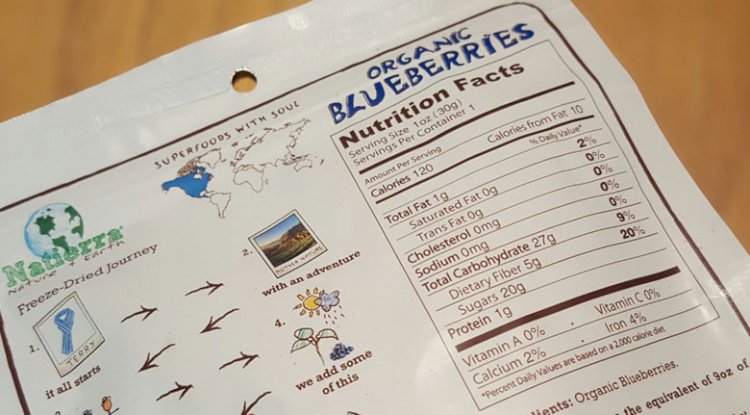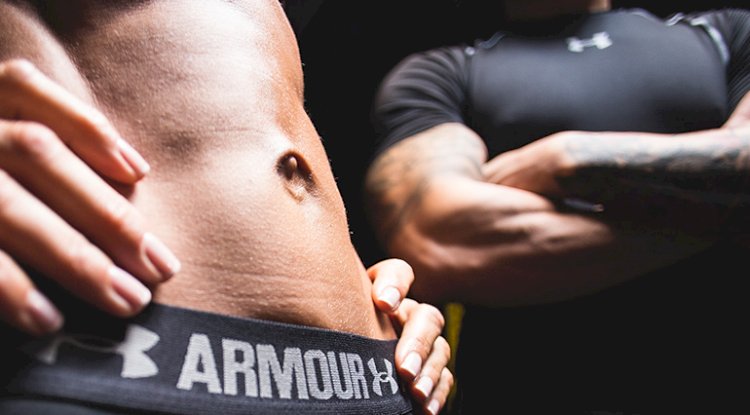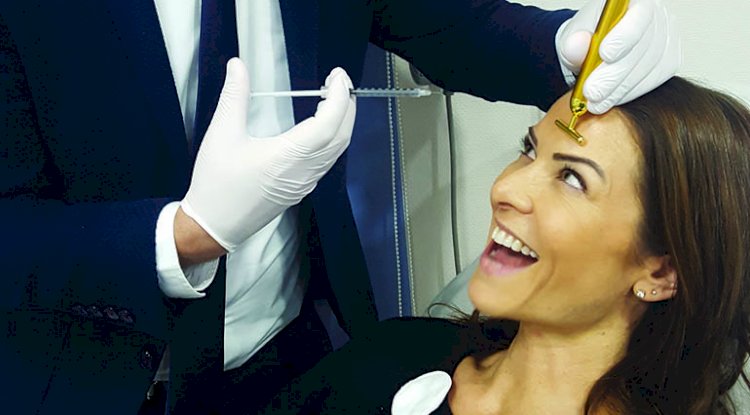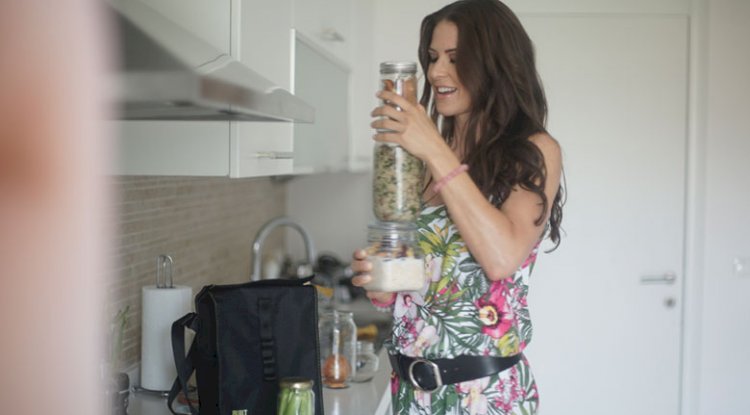COVID VACCINATION: Learn the Facts
There is so much confusion about the COVID-19 virus, especially when it comes to the vaccination. In order to finally (after one year!) go back to normal, it is crucial that we learn the facts and act united.
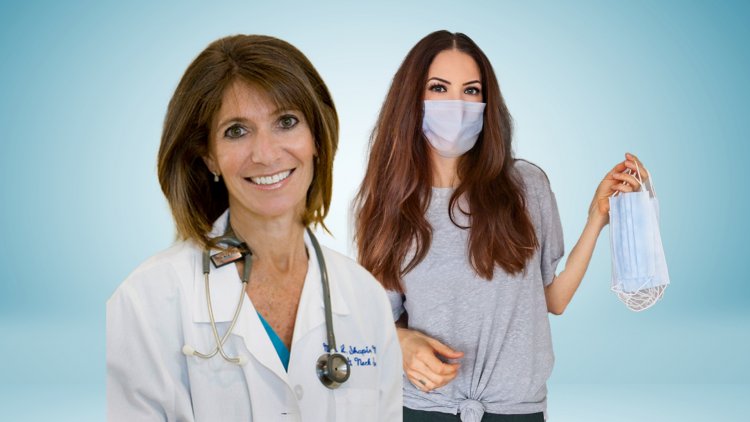
This epidemic is not going to end as long as only half of the population gets vaccinated. Even I have close friends who told me that they are not sure they want to get vaccinated because they have heard there may be heavy side effects. Please read this interview with UCLA professor Nina Shapiro who is at the front, fighting for people’s health every day and who has written a very inspirational book called ‘Hype: A Doctor's Guide to Medical Myths, Exaggerated Claims, and Bad Advice - How to Tell What's Real and What's Not’.
Is it true that if you were tested COVID-19 positive, you don’t need to get vaccinated because you have the antibodies already?
Nina: This is not true. Even if you have had a Covid-19 infection, or tested positive for Covid-19 without illness (an asymptomatic case), you absolutely need the vaccine as well. The antibodies you develop after an infection or testing positive last a very short time, and may not be as robust in fighting Covid-19 in the future. In addition, if you are not vaccinated, you can become sick again with the illness, and spread it to others. In these early days of vaccination, individuals who have recently been ill with Covid-19 are getting vaccinated in order to protect themselves and others.
People are afraid that the injected doses of the virus could make them sick. Is this a legitimate fear?
Nina: There is no coronavirus (or any virus) in the vaccine. The vaccine contains mRNA, or messenger RNA, similar to the RNA in the virus that creates the spike protein. Some people do have temporary reactions such as soreness at the injection site, fatigue, headache, fevers, chills, or body aches. Nearly all of those immunized, over 30 million worldwide as of 13th January 2021 have had extremely mild symptoms or none at all. Other severe allergic reactions or illnesses are extraordinarily rare.
Vaccines typically require years of research and testing, the Covid-19 vaccines were developed in a very short time period. What do we know about the side effects?
Nina: Yes, this vaccine was developed more quickly than most. The main reason is that given this devastating pandemic, researchers received substantial funding and research support. Great minds throughout the world have been working on this vaccine day and night for months. While it was a shorter timespan, this type of vaccine, with mRNA, has been studied for decades. Those that entered the trials months ago will be followed to assess their level of immunity in the months and years ahead.
I heard about Pfizer’s BioNTech (Europe, USA), Moderna (Europe, USA) and Oxford-AstraZeneca (GB). Are they safe to use in your opinion?
Both Pfizer/BioNTech and Moderna vaccines are currently being used widely in the USA and Europe. (10 million doses have been administered in the US as of Jan 13th, 2021). I have received two doses of the Pfizer/BioNTech vaccine, which hopefully speaks to my feelings on its safety! The Moderna vaccine is nearly identical to the Pfizer one, with the same safety profile. In the U.S., the Oxford-Astra-Zeneca trial is still underway, but is currently being used in Europe and India.
You got vaccinated yourself. How was the experience?
Nina: I received my first dose of the Pfizer/BioNTech vaccine in mid-December, and the second dose three weeks later. The experience was surreal. We as healthcare professionals have seen so much loss and sadness. And fear. Knowing that this vaccine is the light at the end of this dark tunnel was such a great feeling. I had some arm soreness for a day after each vaccine, and no other side effects. I’m a runner, and did my typical morning runs the day after each vaccine!
We are all very sick of wearing masks constantly. Can we stop wearing them once everyone got vaccinated?
Nina: No, unfortunately not yet. It will take time (months or even a year or longer) to achieve herd immunity worldwide from coronavirus infections. Until then, there will be millions who are still at risk for getting Covid-19 infections. And while the vaccine protects the immunized person from getting sick with Covid-19, we do not yet know if it prevents the spread from one person to another. Frankly, I think that masks are here to stay. Not necessarily on a regular basis every day for all, but I wouldn’t be surprised if they become the norm to be worn if one has even a mild cold or cough in the future during certain seasons, or in certain environments such as public transportation.
Do you think there should be an obligation for everyone to get vaccinated?
Nina: As the vaccines are currently in what’s called EUA, or Emergency Use Authorization status, they cannot yet be made mandatory. But going forward, I think they should be required under certain employment situations and for schools when eventually approved in children.
For how long is the vaccine keeping you immune, at what frequency will we have to renew the shots?
We still do not know how long the vaccine will provide immunity. The estimate is somewhere between one and three years. The vaccine investigators are continuing to monitor the clinical trial participants and will be testing their antibodies routinely to assess immunity over the coming months and years.
Any other thoughts or experiences you want to share with us?
Nina: I truly believe that these incredible vaccines are our only ticket out of this pandemic. While social distancing, masking, and hygiene have helped, it continues to devastate the world. The more people who receive this vaccine, the better. Each injection is a step towards health and life as we knew it.
Thank you Nina. By the way, I got inspired to write this article by ShareCare, read their blog about myths and facts regarding the Covid-19 vaccines.











